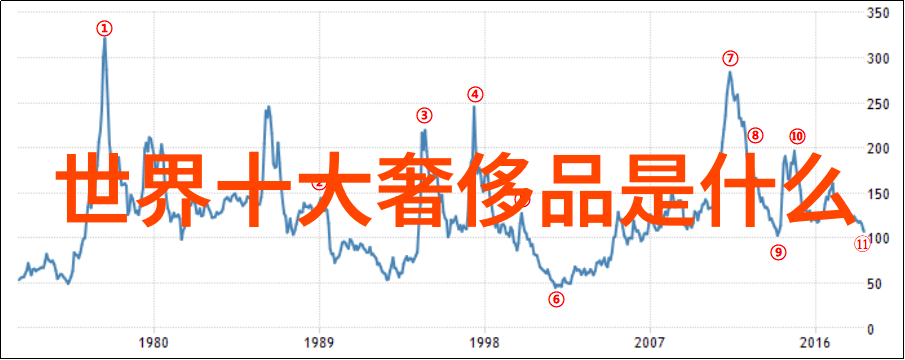
国际紧张局势升级俄罗斯与乌克兰边境发生新一轮冲突世界各国如何应对
今日最新国际新闻头条

在全球政治和经济格局不断变化的今天,一个令人不安的消息震惊了国际社会——俄罗斯与乌克兰边境再次爆发了激烈的军事冲突。这种紧张局势的升级引起了广泛关注,因为它不仅影响着两国人民的安全,也牵动着全球和平与发展的大棋盘。
背景回顾

在过去的一年里,东欧地区一直是世界政治舞台上的焦点。俄罗斯加强其对邻国政策导致了一系列外交危机,而乌克兰则成为这一区域最明显的受害者。在2014年的马德里协议之后,一些地区问题得到了缓解,但随着时间推移,这些协议逐渐失效,从而引发新的紧张态势。
冲突升级

就在上周末,Russian and Ukrainian forces exchanged gunfire along the border, marking a significant escalation in tensions between the two nations. The conflict has resulted in several casualties and numerous displaced persons, causing widespread fear and uncertainty among civilians.
国际反应

The international community has condemned the violence, with leaders from around the world calling for an immediate ceasefire. NATO Secretary General Jens Stoltenberg stated that "the use of force is not acceptable" and urged both sides to engage in dialogue to resolve their differences peacefully. The United Nations Security Council held an emergency meeting to discuss the situation, with many member states expressing deep concern over the potential for further escalation.
影响分析

The ongoing conflict between Russia and Ukraine has far-reaching implications for global security. It highlights the fragility of regional stability in Europe and underscores the need for continued diplomatic efforts to prevent future conflicts. Furthermore, it raises questions about how other countries can effectively respond to such crises without exacerbating existing tensions or creating new ones.
国家利益考量
Each country's response will be shaped by its own national interests and strategic priorities. Some may choose to maintain neutrality while others may feel compelled to take a more active role in resolving the crisis through economic sanctions or military intervention. However, any action must be carefully considered given the complex interplay of political, economic, and military factors at play.
长远解决方案探讨
In order to avoid similar conflicts arising in future years, it is essential that all parties involved engage constructively towards long-term solutions that address underlying grievances rather than merely treating symptoms of tension between them.. This might include fostering greater trust through increased cooperation on issues like trade agreements or joint environmental initiatives as well as addressing historical disputes such as territorial claims via peaceful negotiations under international supervision.
As we continue following this unfolding story closely alongside you our readers let us hope that wisdom prevails over weapons ensuring peace takes precedence over power politics worldwide – after all who doesn't want harmony & prosperity above anything else?



